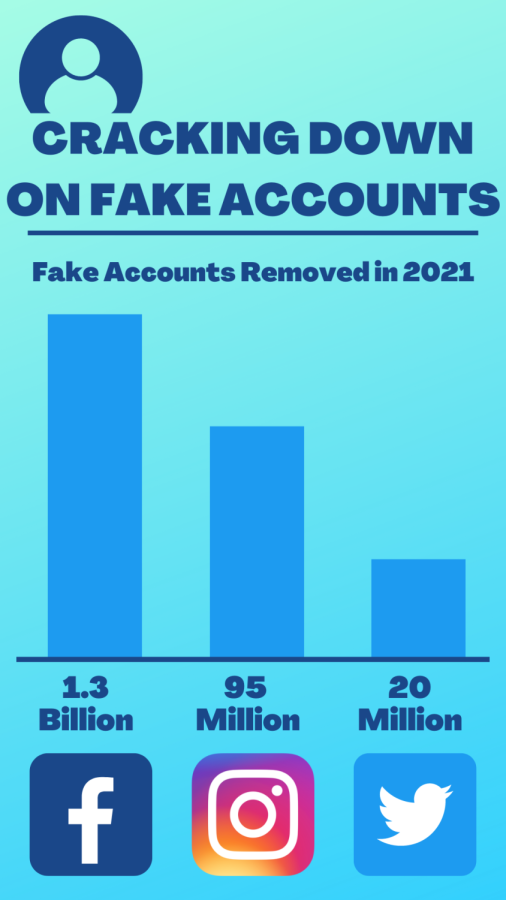US Department of Defense: The New Internet Trolls
October 5, 2022
The U.S. military has apparently adopted a new national security strategy: internet trolling. Apparently, the Pentagon will be doing a review on this new way of gaining information after these accounts supposedly were removed from social media platforms for being suspected of being run by the Defense Department.
As contradictory as it is, it is completely legal on both sides. Even though the public thinks that social media companies should crack down on fake accounts, no matter who it is run by it is completely up to these private social media companies.
“When you’re a private institution, the first amendment doesn’t apply to you,” said Law professor Adam Lamparello. “So, they have the right to censor speech, to discriminate against speech that they don’t like or agree with and to otherwise regulate speech that they would never be allowed to do under the first amendment.”
Many of these accounts exist for harmless purposes, such as promoting democracy and products. However, it still poses the question of whether these platforms should remove all of these accounts or just certain ones.
Lamparello agrees with many critics who believe that social media platforms are becoming a stgte actors and, in the future, could be subject to the liabilities of the first amendment.
“That would change the entire landscape of what it could and could not regulate. In other words, it would have to allow a lot more speech than it currently does,” Lamparello said.
Another question that is raised during this controversial news is whether the U.S. government should be allowed to create these accounts, whether it is to gain more information on U.S. citizens or foreign people. Many people are leaning toward both sides; the government is not doing anything substantial enough for it to be a problem versus it is an invasion of privacy.
The U.S. government has no specific laws or regulations in place that are equivalent to the laws in place protecting private social media companies. The U.S. government is allowed to make these fraudulent accounts, just as many new generations are. New generations are on social media quite often, documenting their life and updating their followers. Some do have second accounts mainly for a more personal place to share with close friends, but several have them for secretly seeing others’ profiles. The U.S. government is doing the same exact thing, for whatever reasons they have.
“Personally, I believe that in any free country, there is a certain number of personal freedoms that we give up in the interest of safety,” sophomore Criminal Justice major Ryan Brewer said.
Lamparello saw three options that are potential outcomes for what is to happen in the near future regarding these social media platforms.
“For example, Elon Musk wanted to take over Twitter. If that happened, then you would see a much more robust public discourse, in which conservative opinions are welcome, liberal opinions are welcome, and you get the kind of exchange of ideas that is important to a democracy and to welcoming all different perspectives on an equal and fair basis,” Lamparello said.
Among all of this controversy, it raises some concerns among college students here at GC.
Several students like the idea of these accounts being removed just on the basis that there are fewer fake accounts and robotic accounts whose sole purpose is to spam users with information they do not need, or advertisements.
“I don’t think they’re necessarily an invasion of privacy, but I do like that they are removing them because I won’t have to see them. They can be annoying and frustrating,” said senior Business major Maddy Monte.
Other students like the idea of these accounts being removed because they feel like it is an invasion of their privacy.
“In this situation, regardless, of what the end goal of these fake accounts is, it feels like entrapment, as well as an invasion of privacy. I do like the removal of these accounts. All the fake accounts and bots make the overall social media experience much less enjoyable,” Brewer said.
The Department of Defense is not legally restricted from creating these fraudulent accounts, and social media platforms are not obligated to remove all accounts or none. However, we may see changes on this in the future.




